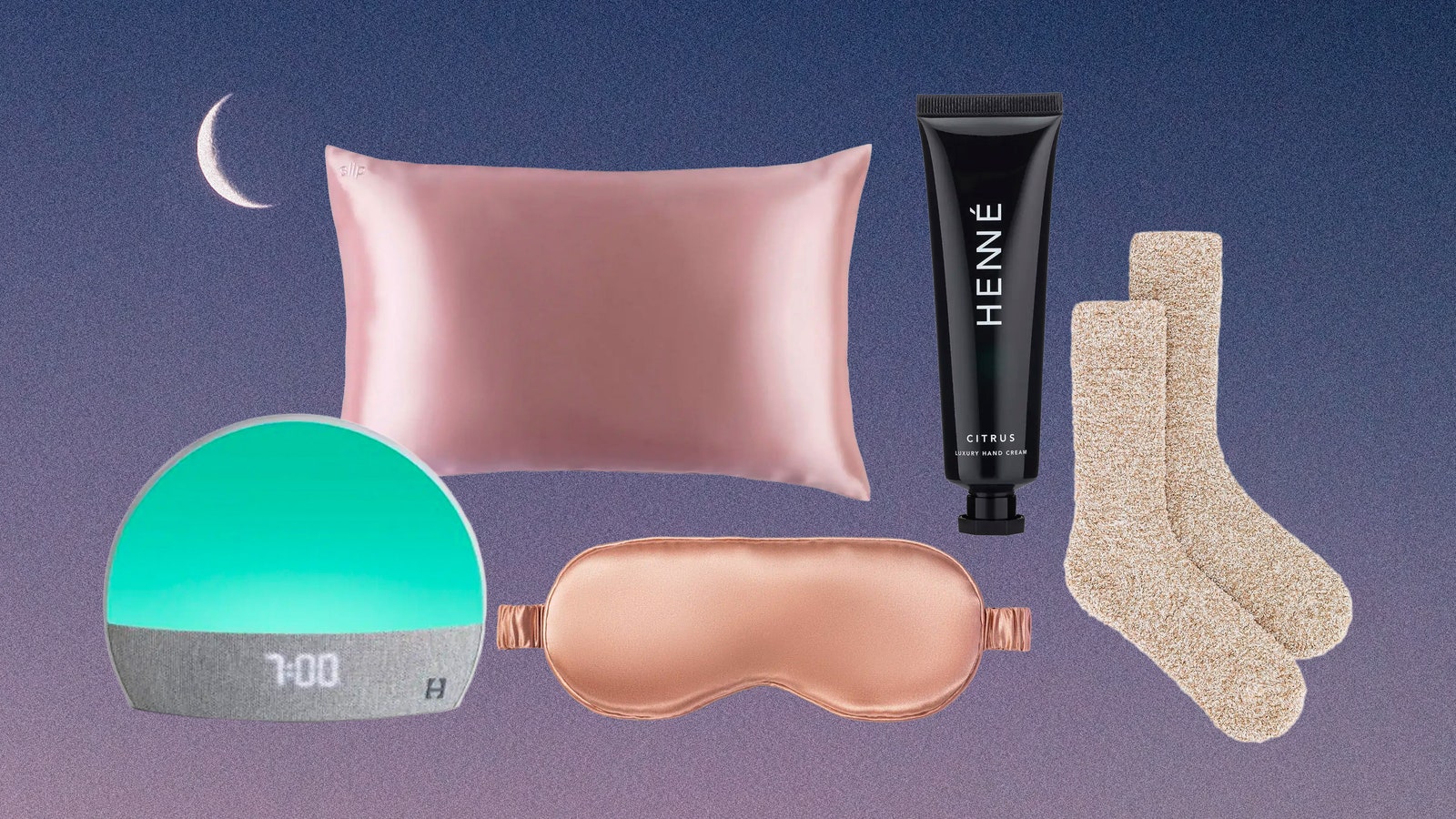
Bedtime routines are always hot topics of debate, but one of the most common questions on the subject is: Why do women need more sleep than men? It turns out, it’s not just in our heads—it’s actually backed by science. Women really do need to snooze for a few extra minutes, and the reasons go far beyond simply being tired or lazy.
Why do women need more sleep than men?
There are several biological, hormonal, and even psychological reasons for the difference in how much sleep women need. So if you’ve ever felt guilty about staying in bed a little longer, you can let that go. Sleeping more is self care backed by scientific research.
Multitasking
Women tend to multitsk and are often juggling work, studies, family, friends, their favorite Netflix shows, and more. But this superpower comes at a price. The female brain processes more information simultaneously and uses more brain regions during the day compared to the male brain. According to studies conducted by Loughborough University, this “extra use” of the brain means it needs more time to repair itself during sleep. And since sleep is not just rest, it is the time when the brain “reorganizes” neuronal connections, and in the case of women, that requires more hours of sleep.
Hormones
From the menstrual cycle through pregnancy to menopause, female hormones have a significant impact on sleep. During the phases of the menstrual cycle, progesterone levels can cause insomnia or difficulty falling asleep. The same is true during pregnancy, when the body undergoes drastic changes that affect both the quantity and quality of sleep. During menopause, hot flashes and hormonal fluctuations can disrupt the hours of rest, causing women to need to restore energy with more time in bed.
Stress
Multitasking can come at a price, and stress can be a constant companion in many women’s lives. Between work, family and personal responsibilities, the female brain often works in “extra mode” even when it tries to relax. Chronic stress can reduce the quality of deep sleep, that stage when our body really repairs itself. This is why women often need more sleep to compensate for this deficit and achieve a full recovery.
Body temperature
The female body has a lower basal body temperature than the male body, which means that it cools down more quickly during the night. This cooling is crucial for entering the deeper stages of sleep. However, hormonal changes, especially related to the menstrual cycle, can alter this temperature regulation, causing women to need more time to reach restful sleep.
Longer sleep phases
Women tend to spend more time in the deep and REM (rapid eye movement) phases of sleep, stages that are essential for regenerating tissues, consolidating memories and recharging mental energy. These phases are more demanding for the brain, and when they are not completed properly, it feels as if there is not enough energy to perform during the day. This explains why women tend to need those extra hours of sleep compared to men.
A predisposition to take care of others
Although it sounds more psychological than scientific, studies indicate that women have a stronger “alertness instinct” than men. This means that, even while they sleep, they are more alert to external sounds, such as a crying baby or any suspicious noise in the house. This state of alertness can make sleep less deep and easily interrupted, leading to the need for more sleep to compensate for that reduced quality.
Sleep is self care
In a world that values productivity above all else, women often feel guilty about resting or prioritizing well-being. However, these biological and hormonal differences should remind us that it’s not only normal to need more sleep; it’s necessary! Sleep is not a luxury, it is an act of self love and an investment in our physical, mental and emotional health.
So the next time someone tells you that you sleep “too much,” tell them with all the confidence in the world: “It’s science.” Make your rest a priority, because there’s nothing better than taking care of your health and well-being through something as simple as a good night’s sleep.
Sleep is more than a necessity; it is the engine that drives our lives. From our ability to make decisions to our energy to face the day, it all starts with sleep. So it’s time to adjust your routine: turn off your devices and dedicate yourself to enjoying the rest your body needs. Getting more sleep is not only nice, it’s a necessity backed by science.



